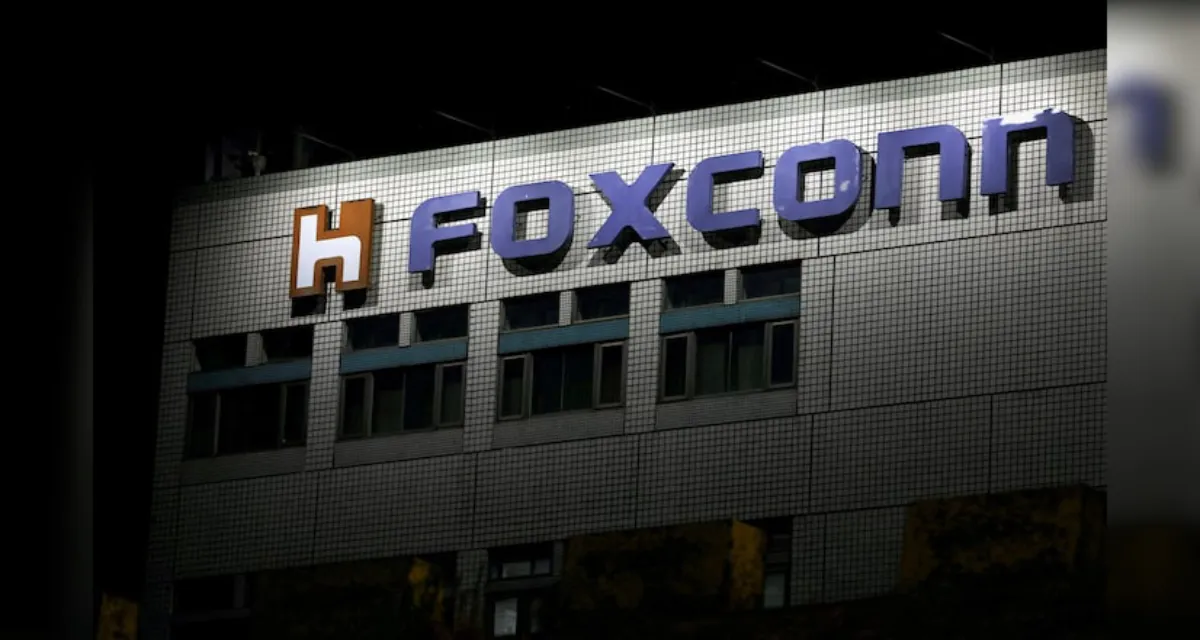

Foxconn, a Taiwanese electronics giant, is best known for manufacturing iPhones in China’s "iPhone City," Zhengzhou. However, the company is now shifting gears to expand into the electric vehicle (EV) market. This shift is part of Foxconn's broader strategy to reduce its reliance on Apple and diversify its revenue streams.
Zhengzhou, the capital of Henan province, has been pivotal for Foxconn's success in electronics manufacturing. The city boasts a robust network of suppliers, a well-established infrastructure, and a massive workforce. At its peak, Foxconn employed as many as 250,000 people here to produce iPhones. Now, the company plans to build a 700-acre campus in the same area, dedicated to electric car production.
Despite Foxconn’s manufacturing prowess, the EV market presents significant challenges. One of the biggest hurdles is finding customers. Foxconn’s plan is to manufacture cars for other companies, similar to how it makes iPhones for Apple. While the company has secured some orders, such as from Luxgen, a Taiwanese automaker, the scale is still limited.
The competition is fierce, with over 130 companies selling electric vehicles in China. Experts predict that fewer than 20 of these companies will be profitable by the end of the decade. Foxconn’s challenge is to stand out in this crowded field.
Foxconn’s expansion into electric vehicles is happening at a time when the market is evolving rapidly. The U.S. and the European Union have imposed tariffs on Chinese-made electric cars, and the intense competition within China has triggered a price war. Even Tesla, a major player in the EV market, has had to offer discounts to maintain its position.
In China, the lines between technology companies and car manufacturers are blurring. Companies like Huawei and Xiaomi, known for their smartphones, have already entered the electric car market. Xiaomi recently started building its second electric vehicle factory, just as Foxconn announced its new investment in Zhengzhou.
Foxconn believes that its experience in manufacturing electronics can translate into success in the automotive industry. The company has benefited from government support in Zhengzhou, which has included tax breaks, infrastructure, and even assistance during crises like the COVID-19 pandemic. Foxconn hopes these advantages will give it a competitive edge in the electric vehicle market.
However, analysts are cautious. While manufacturing power has been a key factor in Foxconn’s success in electronics, the automotive industry is different. In the EV market, software and technology are often more important to consumers than manufacturing efficiency. Safety and reliability are also critical factors. Unlike a smartphone, a malfunction in a car can have fatal consequences.
Foxconn's investment in electric vehicles is not limited to China. The company has also invested hundreds of millions of dollars in EV-related manufacturing in Southeast Asia. In Taiwan, Foxconn has a joint venture with Yulon Motor to produce luxury cars and buses under the Foxtron brand. This venture has delivered 5,400 vehicles so far in 2024.
Despite these efforts, Foxconn’s output is still small compared to China’s top electric car makers. To compete on a larger scale, Foxconn will need to increase production significantly.
In Conclusion, Foxconn’s foray into the electric vehicle market is a bold move that reflects the company’s ambition to diversify beyond electronics manufacturing. While the company has significant strengths, including its manufacturing expertise and government support, the electric vehicle market presents unique challenges. The competition is fierce, and success will depend on Foxconn’s ability to innovate and meet consumer demands for safety, reliability, and advanced technology.
Also Read: